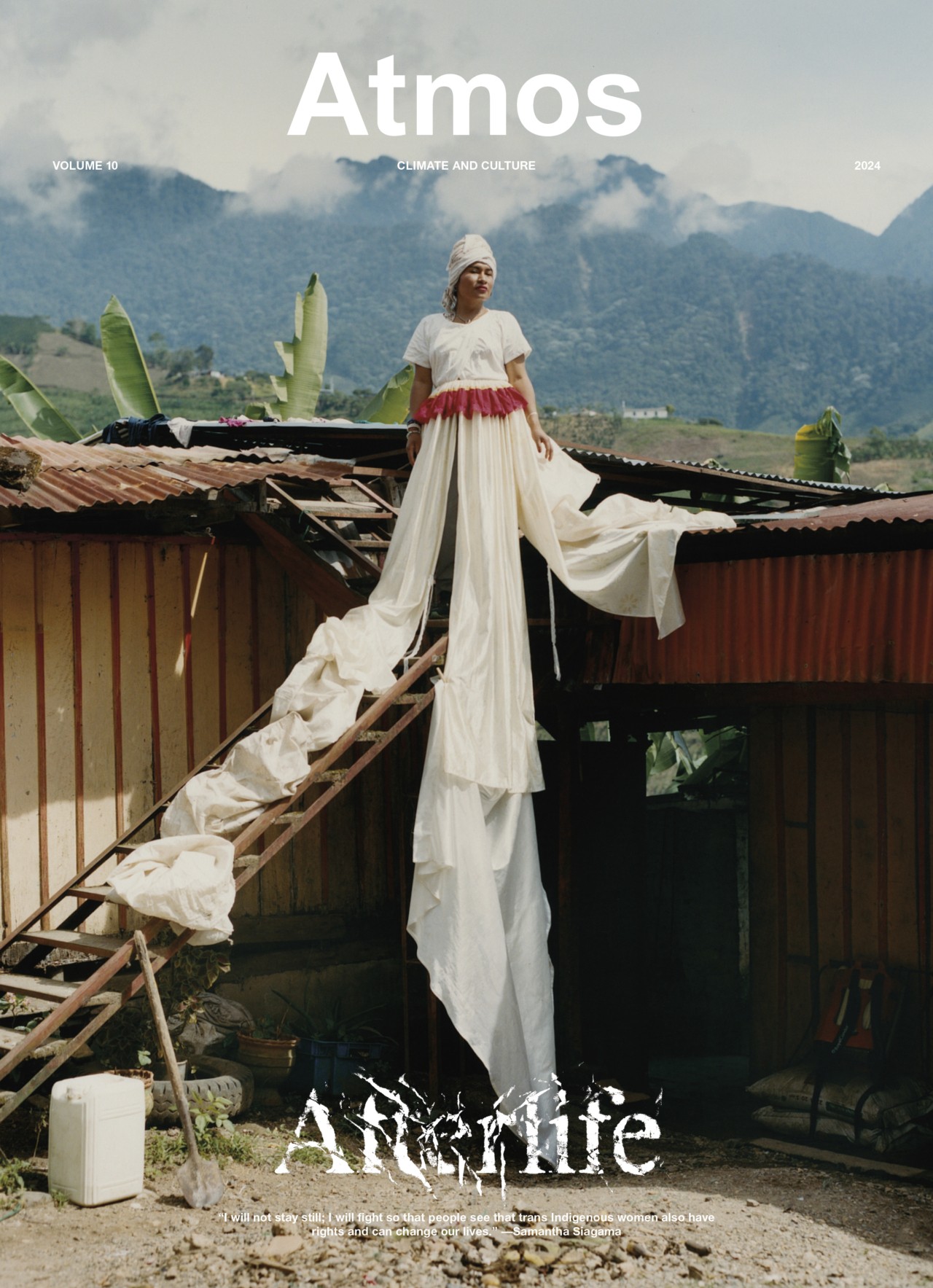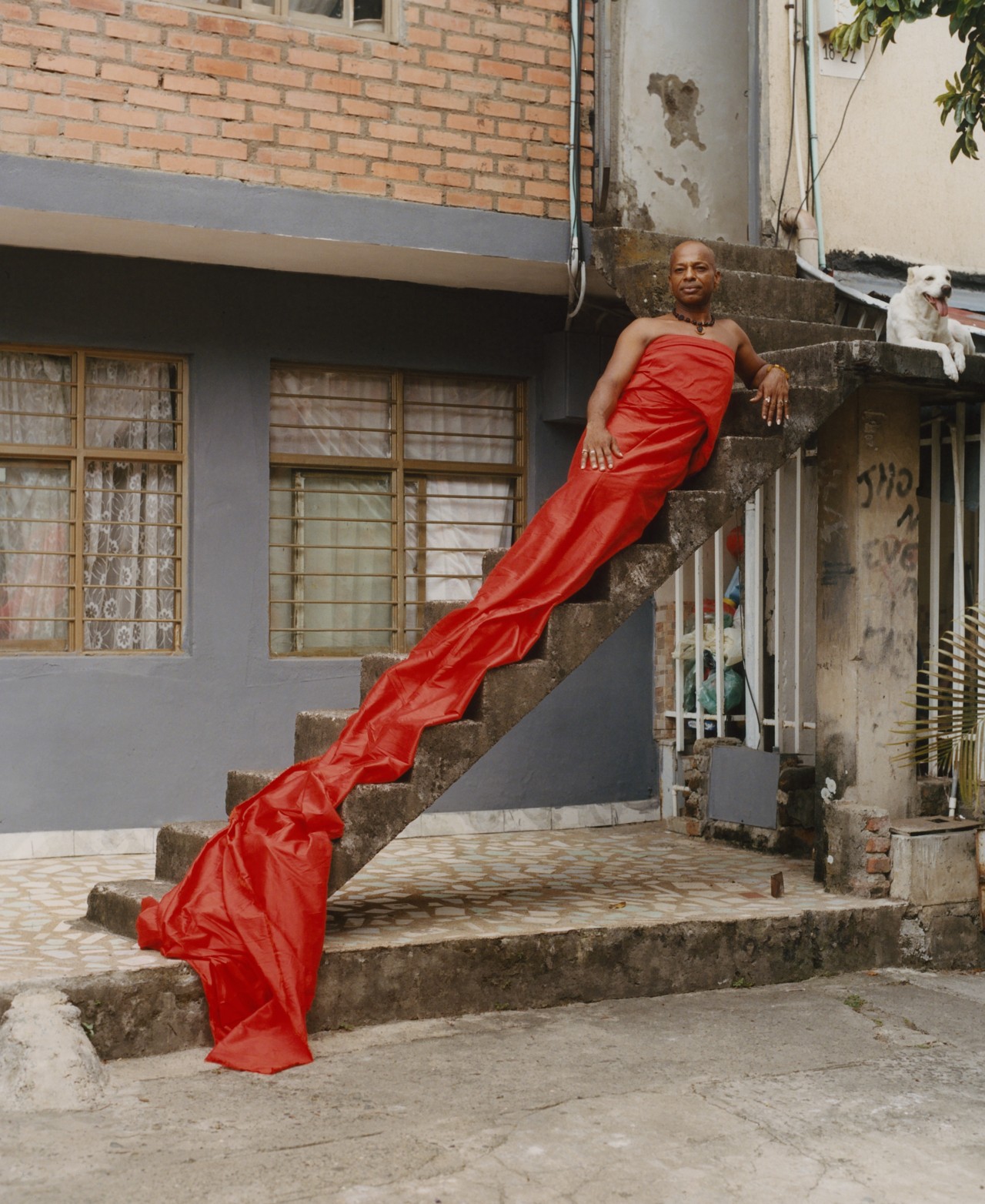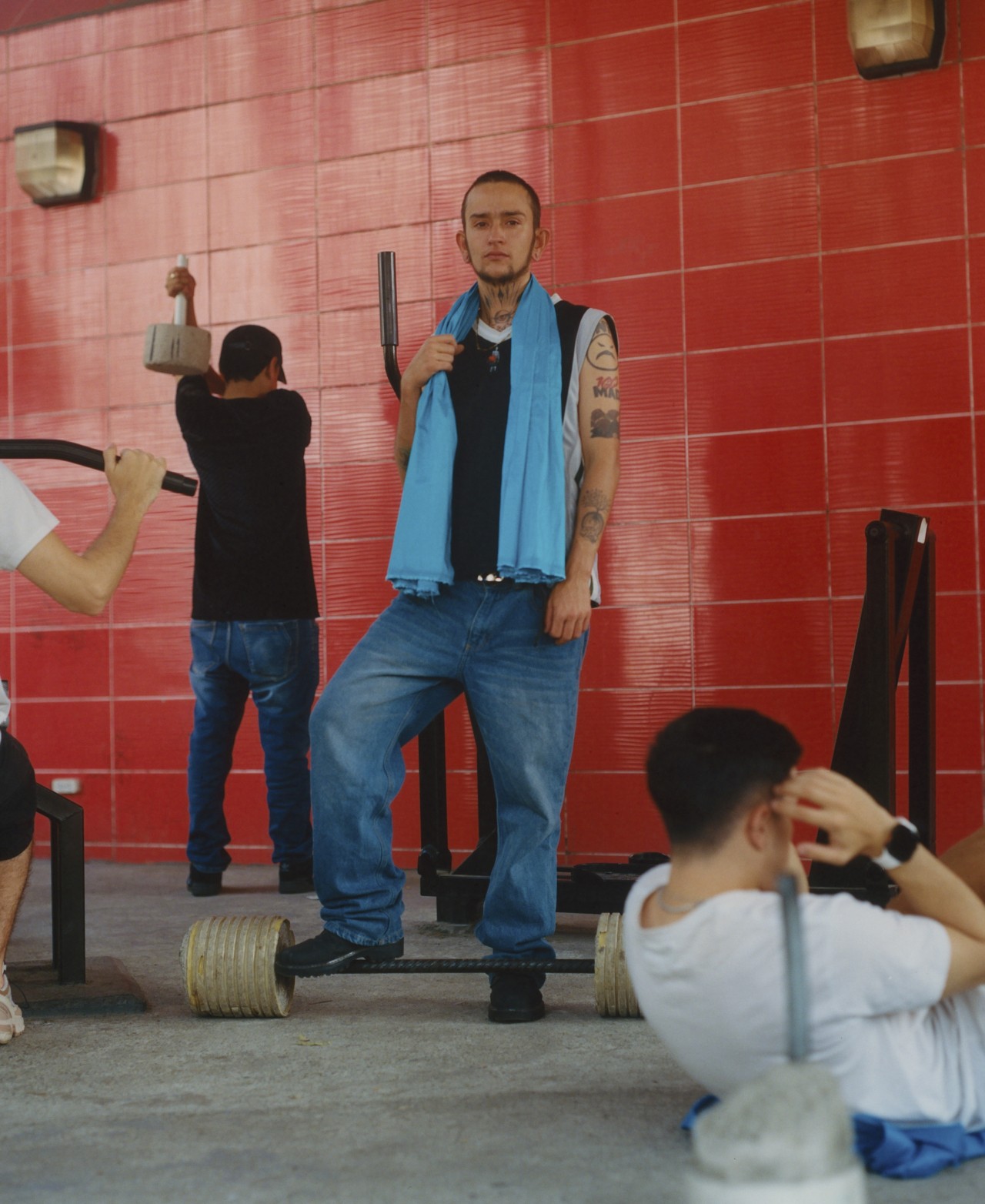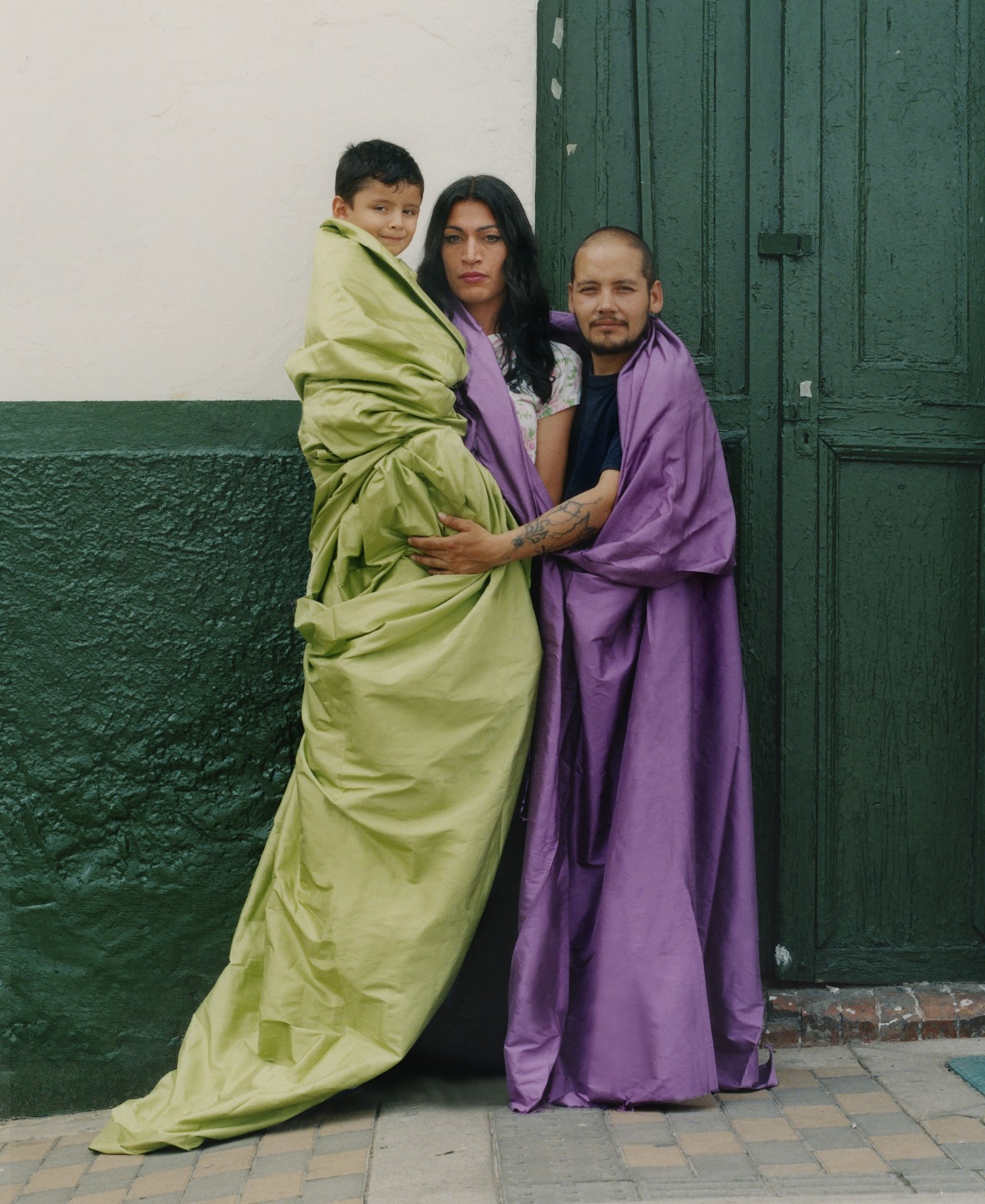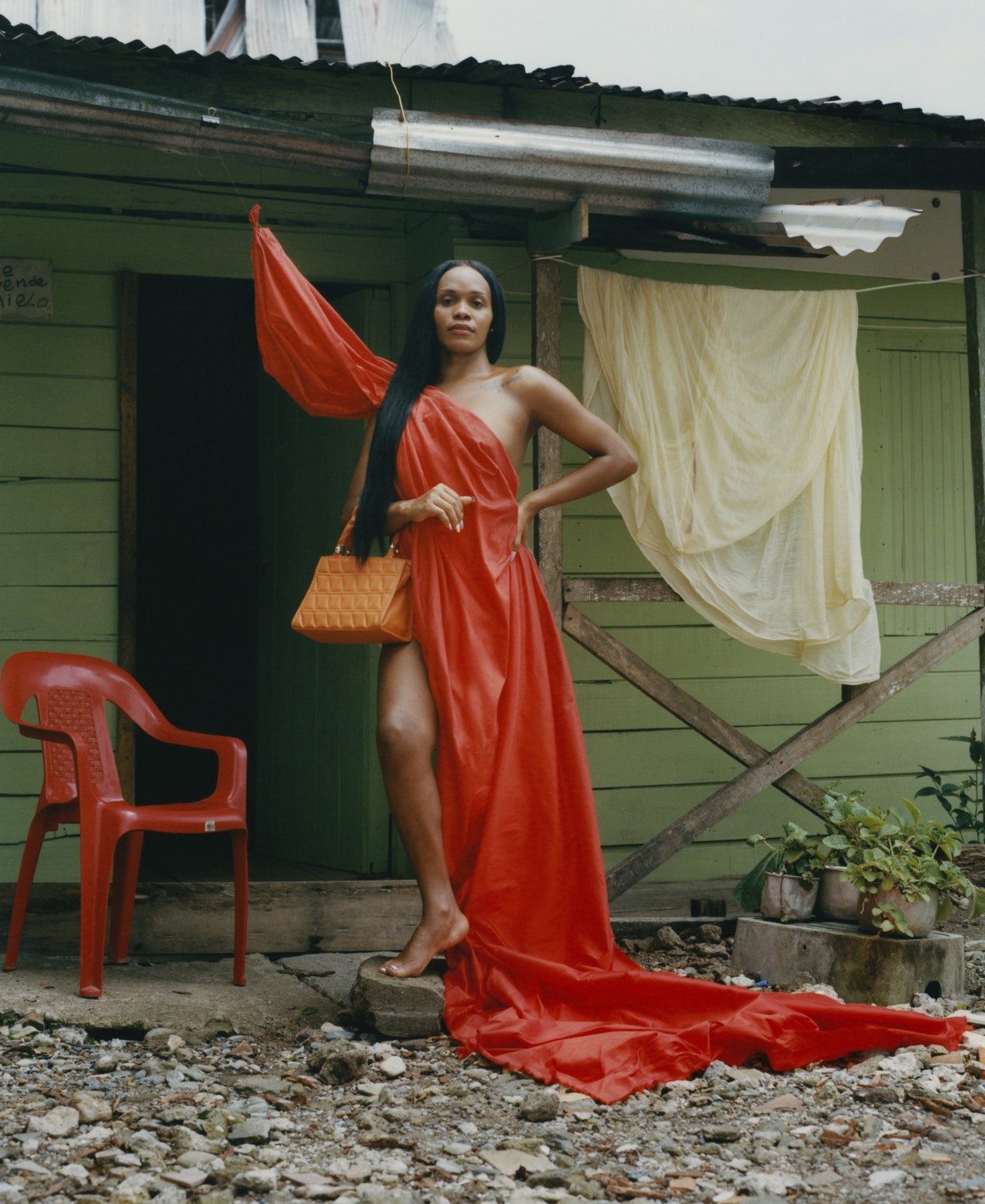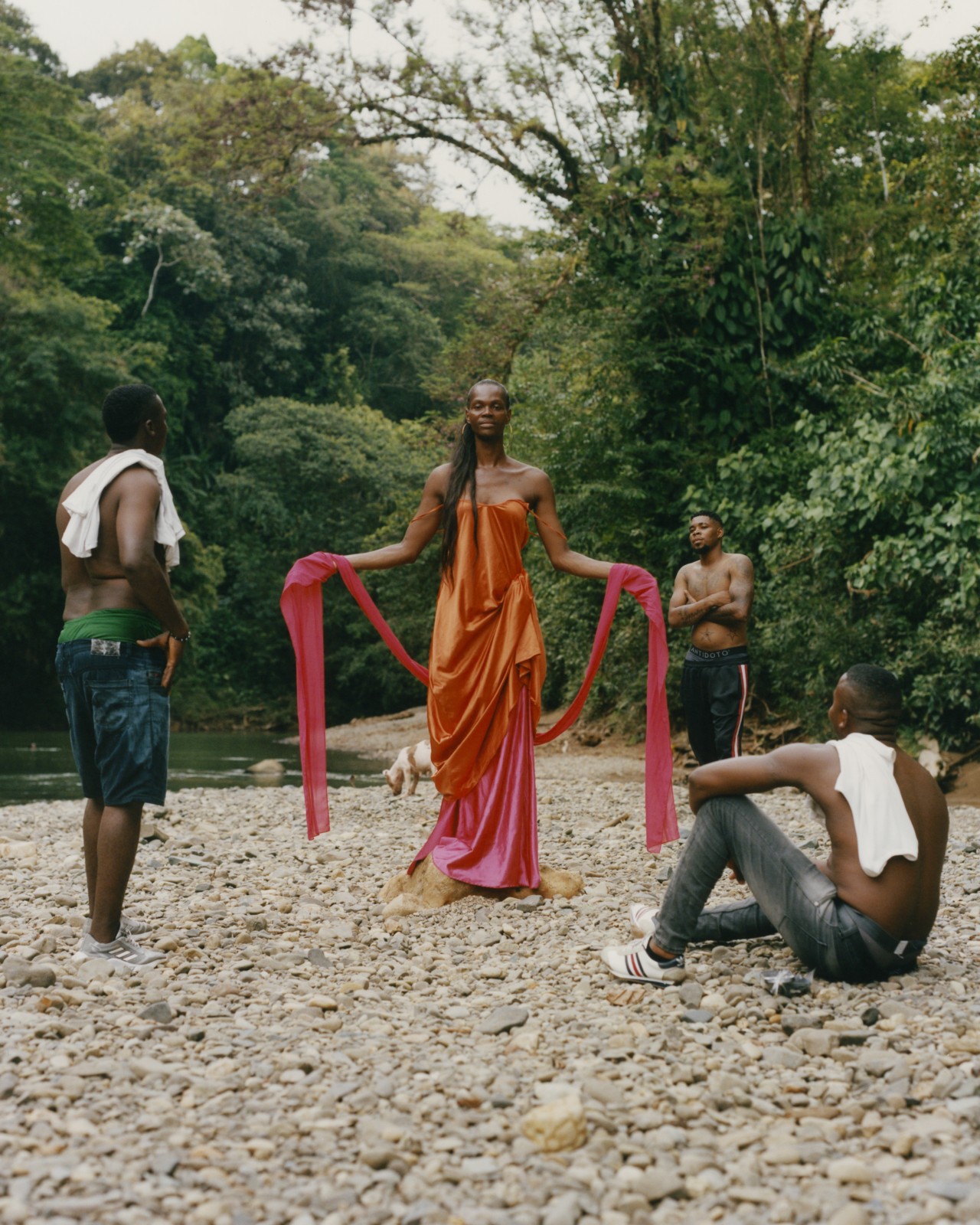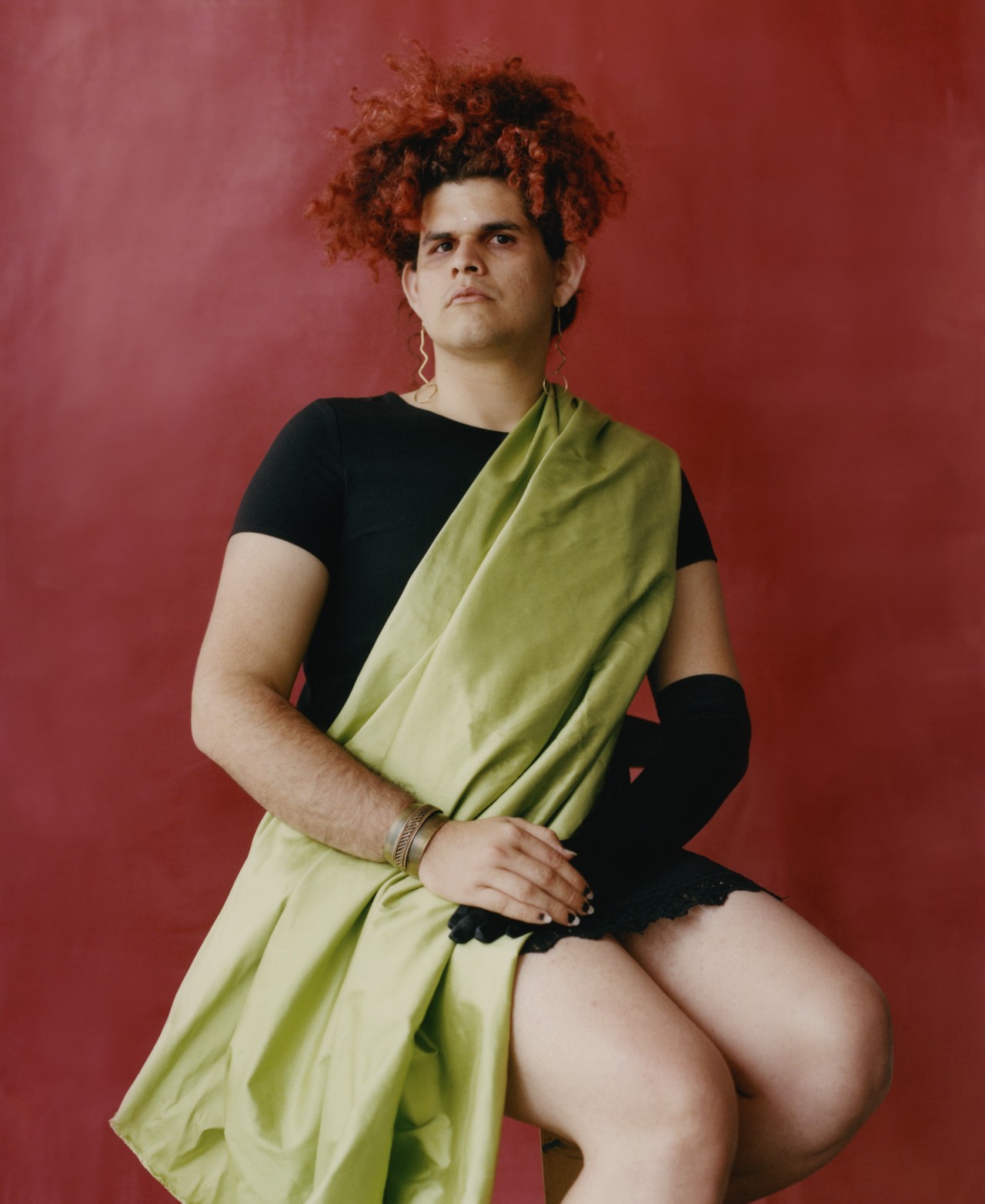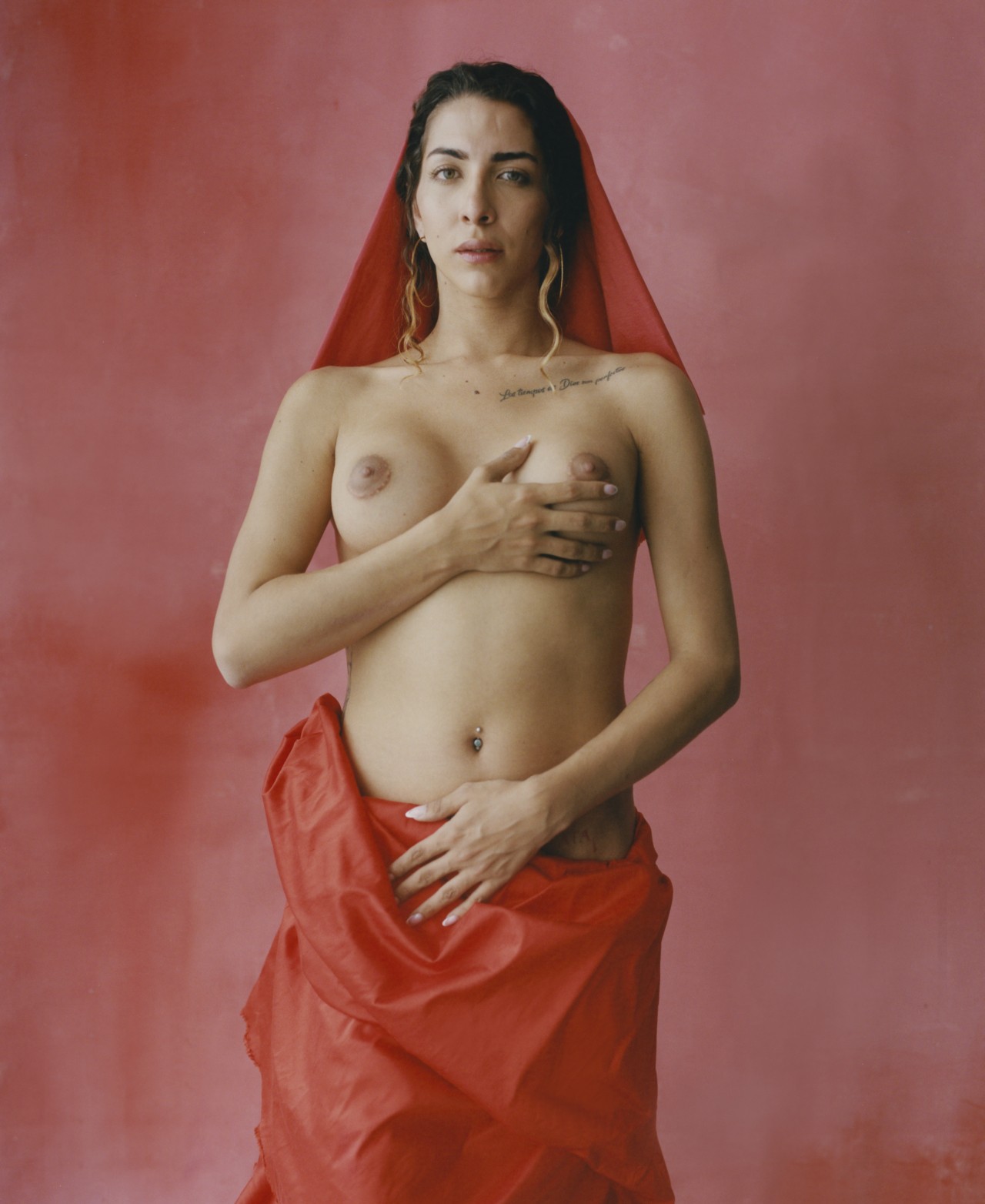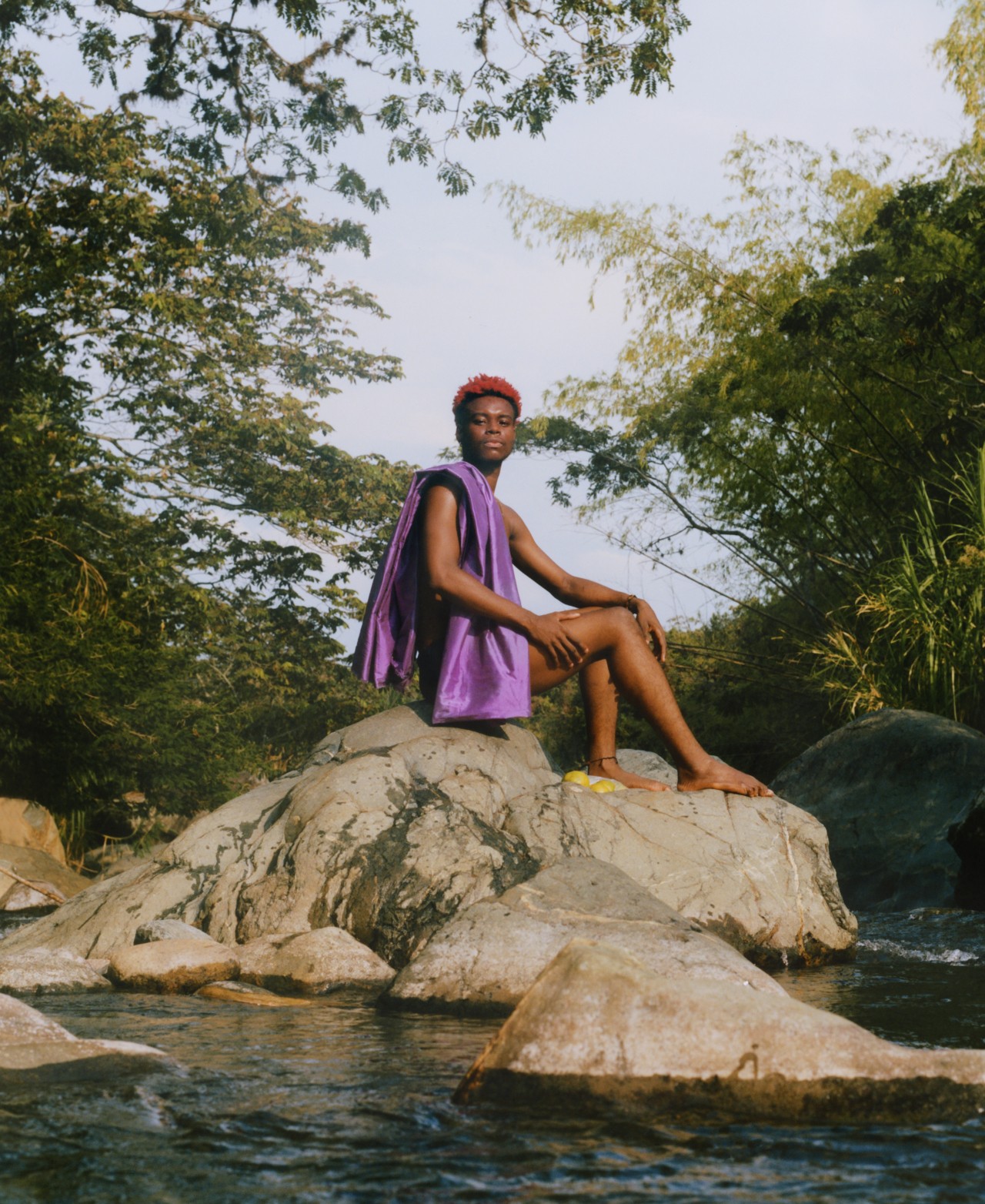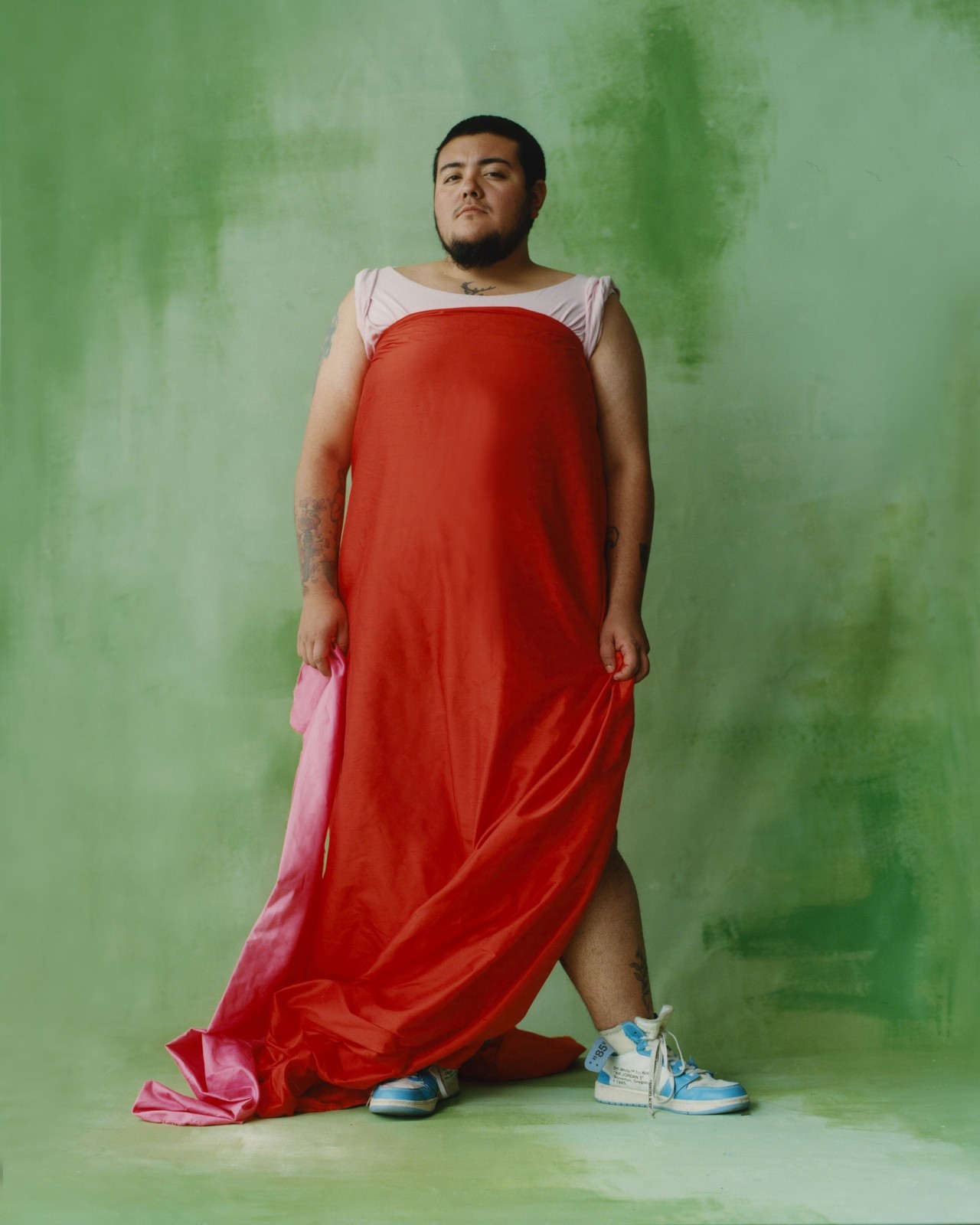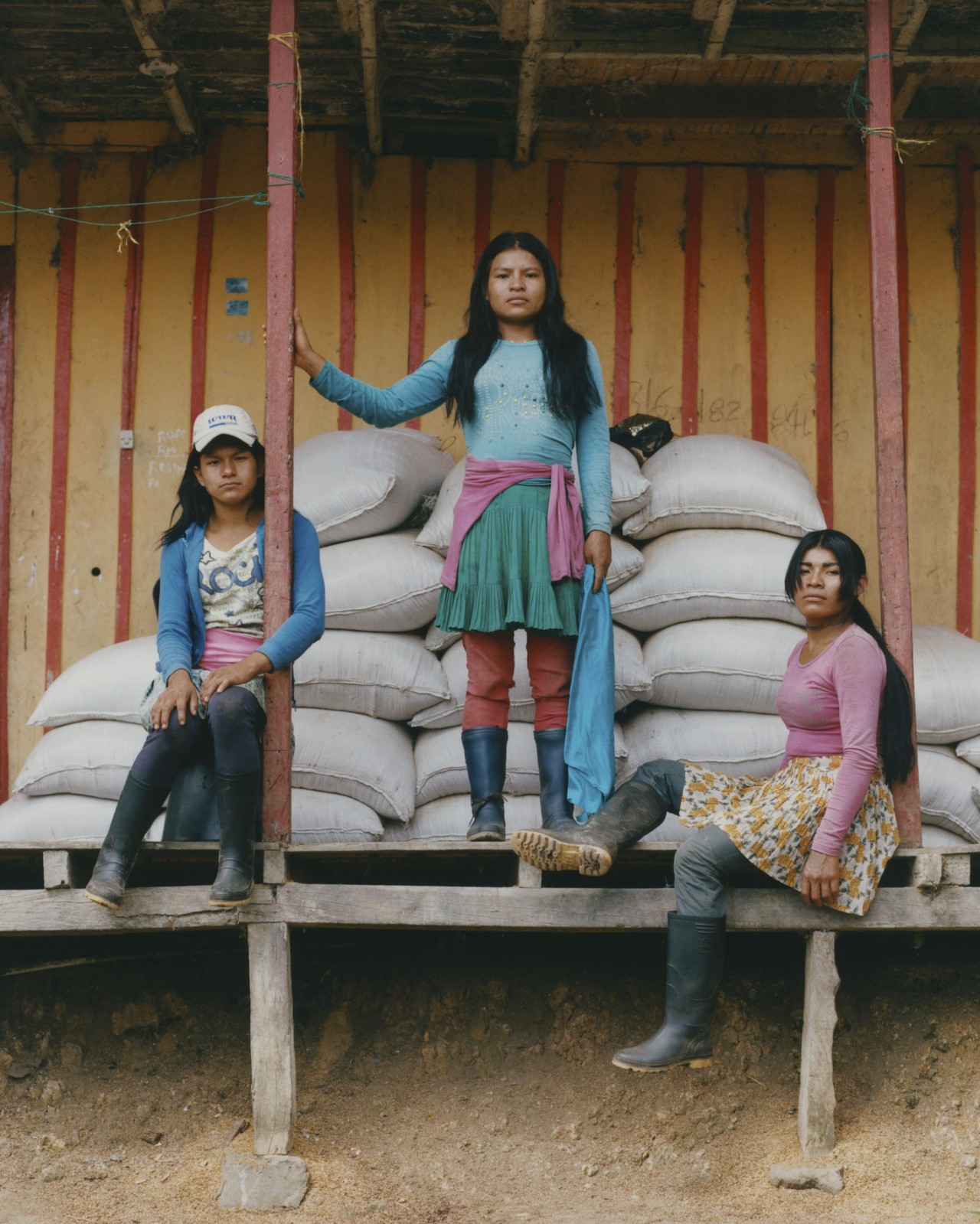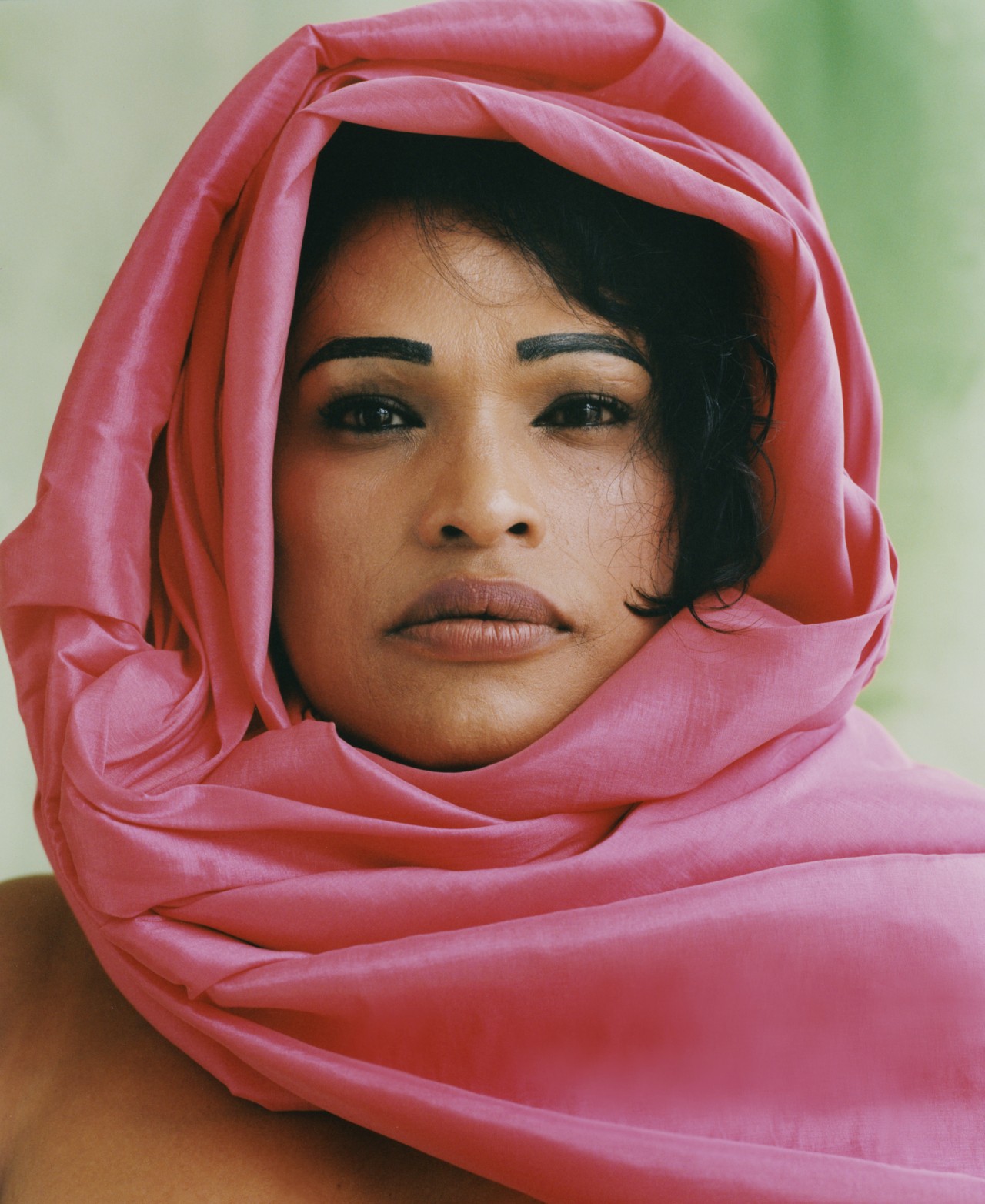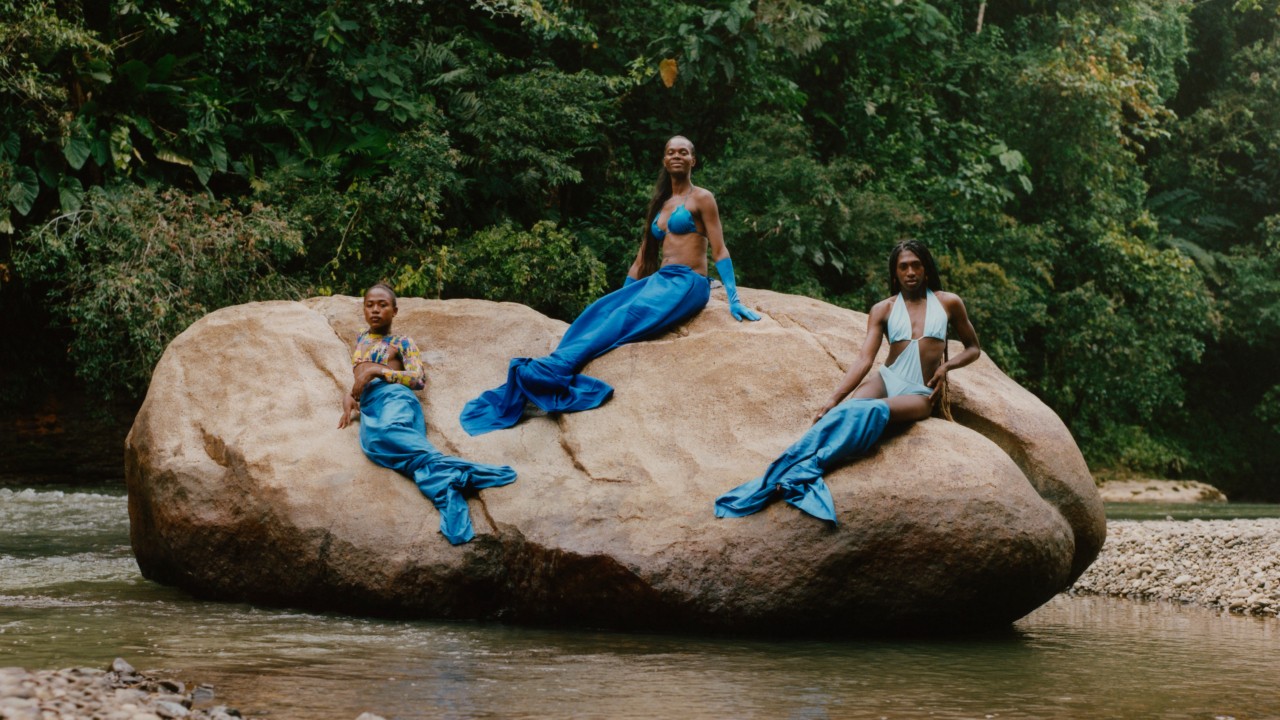
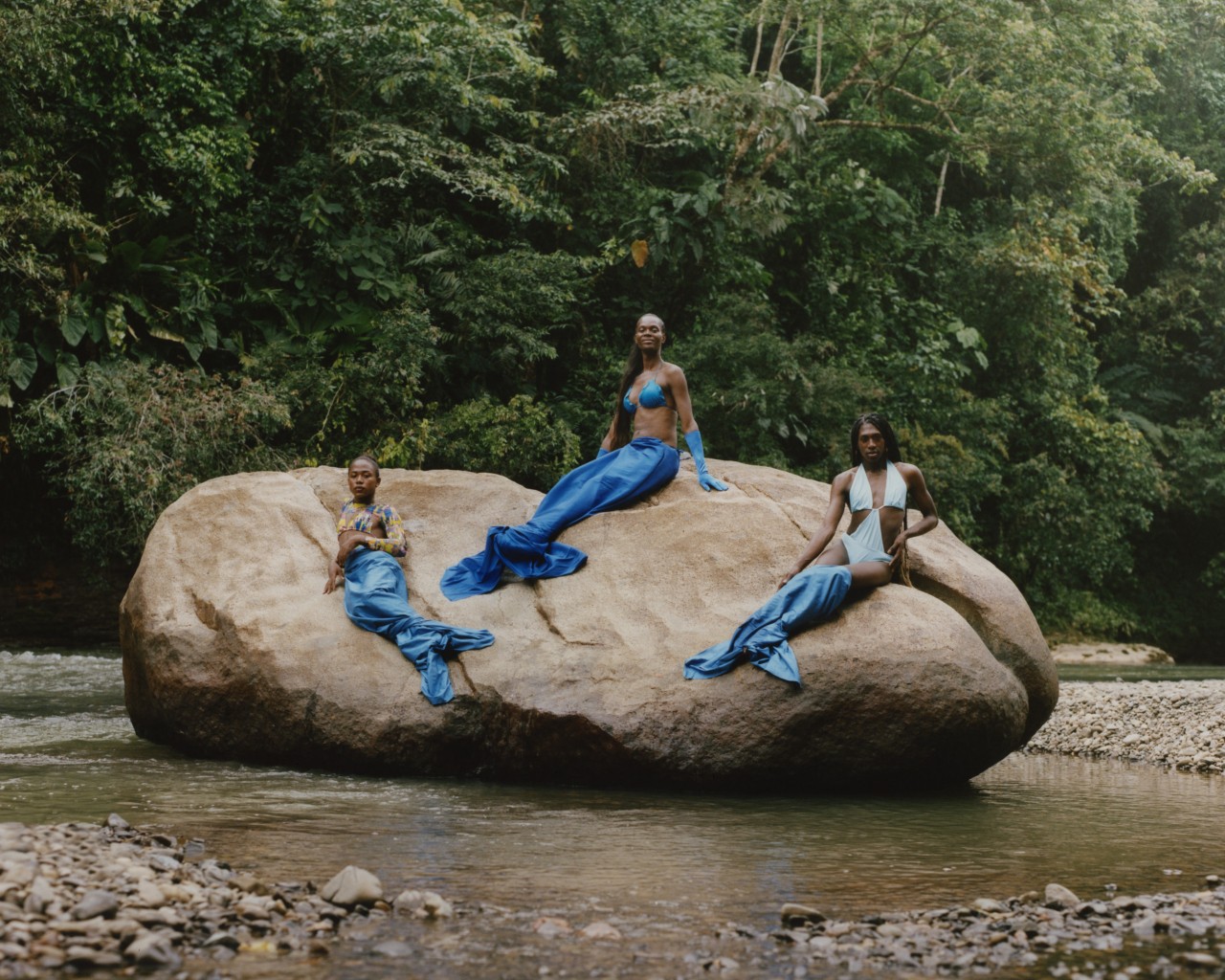
Palomar Palomenque Martinez, Maria Victoria Palacios, and Frangeli Cuesta (Quibdó, Chocó)

Samantha Siagama was only 13 years old when she fled her Emberá community, seeking refuge among the farms nestled in Colombia’s mountainous coffee regions. She left behind her ancestral roots, family, and worldview, taking a leap into the unknown. This marked a kind of rebirth for Siagama, a transgender Indigenous community activist and leader who makes up one thread in the human fabric of the trans social movement in Colombia.
Colombia’s history is steeped in conflict, with nearly 7 million people internally displaced. For the trans community, the struggle is particularly harrowing. Young trans individuals, especially from rural areas, are often forced to leave their families and lands to escape armed groups, criminal organizations, police harassment, and even violence from their own communities. This displacement leads many into dangerous situations, like sex work, where they often face severe violence and exploitation. “I didn’t want to be a prostitute, so I found refuge in the coffee farms, where they took me in, and I learned to manage them. Now, after 10 years, I teach my Emberá sisters who also had to flee,” said Siagama in Spanish.
To combat some of the challenges that trans Colombians face, a group of advocates has begun pushing for Colombia’s first-ever Integral Trans Law. The proposed law represents more than just legal recognition for Colombia’s trans community: It constitutes an opportunity for the entire country to transmute its narrative of violence into one of healing and renewal. This law, painstakingly crafted over five years by activists, aims to eliminate the systemic barriers that have historically marginalized the trans community, including barriers in access to healthcare, education, employment, housing, political participation, and reparations within the context of Colombia’s armed conflict.
Despite significant advancements in LGBTQ+ rights in Colombia, such as marriage equality and adoption rights for same-sex couples, trans individuals continue to face systemic violence in a country that has proudly endured as a bastion of conservatism. The life expectancy of a trans woman in Colombia is just 35 years—half that of a cisgender woman. Yoko Ruiz, who worked on crafting the bill, poignantly highlighted this disparity. “We’ve all suffered in this fight, all of the letters of the LGBTQ+ collective, but the truth is, it’s us, the T, who have paid with our lives,” she said in Spanish.
“Colombia’s Integral Trans Law offers a chance to heal old wounds and forge a society where every citizen, regardless of gender identity, can flourish.”
In July 2024, the Integral Trans Bill of Law was introduced to the Colombian Congress, accompanied by a puissant art project called “Compañerx,” which featured an immersive photo installation and performance in Colombia’s most important public square, the Plaza de Bolívar, in front of the Congress and the Presidential Palace in downtown Bogotá. Over 50 artists participated, transforming the square into a sea of silk flags bearing the portraits of trans activists from all over the country, photographed by Camila Falquez and styled by Lorena Maza. These flags symbolized the humanity behind the bill, waving defiantly in front of the Congress’s weathered doors.
As the bill embarks on its legislative voyage, there is hope that it will become law before the 2026 elections, which could possibly return a far-right government to power.
The struggle has just begun, however. Two days after the bill was introduced, Ruiz faced a brutal reminder of the fight’s urgency when armed men broke into her home, threatening her life. After alerting the authorities, she was inexplicably arrested and accused of provoking her attackers—an alarming illustration of the prejudice that persists even in the face of progress.
In a world suffocating under the political debris of colonialism and far-right oppression, protecting our most vulnerable communities is imperative. Colombia’s Integral Trans Law could be the portal to a new reality—not just for the trans community, but for social movements globally. This law offers a chance to heal old wounds and forge a society where every citizen, regardless of gender identity, can flourish. More than a legal fight, the bill represents a profound cultural transformation—a metamorphosis towards a more inclusive and harmonious world.


Like the ancient Greek philosopher Diogenes, who famously rejected societal norms to live in simplicity on the streets, Diogenes Eissen Miguel Arcila has found his own version of freedom in the public gym spaces of Sabaneta, part of the Medellín metropolitan area. “As a trans person, exercising in public is a huge challenge. Here, I’ve learned that I don’t need to worry about presenting an image others want to see,” he said in Spanish. For him, these gyms have become a sanctuary where he overcomes fear, finding newfound security and self-esteem.



With the presence of a top model, María Victoria strolled through her hometown, Quibdó, where traffic halted to greet her: “Flaca! Flaca!,” people shouted. Children ran to hug her, and she knew them all by name. As a political activist and director of the Latidos Chocó Foundation, she has significantly influenced public policies on inclusion and diversity in her town. “The mayor and governor fear me because they know they can’t waste my time,” she said in Spanish.


Nearly three million Venezuelan refugees have sought safety in Colombia. Among them is Perla Xcandalo, a trans woman from Margarita Island, now living in Medellín. She misses her family and her island, but she has found a new purpose in her role as an activist with the Public Trans Collective. As a human rights advocate, Xcandalo believes that the most powerful act of endurance trans women can perform is to uplift one another. “The pack multiplies joys and divides sorrows,” she said in Spanish.
An actor hailing from Cali, Julieta Osorio described experiencing theater pre-transition as a binary space. “Before going on stage, I had to remind myself to be as masculine as the others because my characters were male,” she said. Discovering drag and voguing allowed her true self to emerge, and her transition revealed personal history she didn’t understand as a child. She recalls her sister’s hatred of skirts, despite their mother’s insistence on femininity—a trait Osorio loved. “I once thought my sister and I were swapped,” she said in Spanish.


There’s a hidden queer sanctuary among the Andean cliffs that cradle the city of Cali—a place known as the Valley of Butterflies, where the LGBTQ+ community gathers in search of freedom and connection. By the waters of the Pance River, Maison David Balanta, a percussionist and folk dancer, shared his story. Displaced from Timbiquí, a small town on the Pacific coast rich in African heritage, Balanta fled violence against the trans community. Now, he dreams of building a foundation where displaced trans artists can heal through the rhythms of their ancestry.
From the water-rich lands of San Marcos, Sucre, Ariel Veronica Alvarado emerged like a river carving its path, guided by the topography of her surroundings. Her early life was a dance between vibrant coastal culture and the harsh realities of prejudice. At 14, she flowed into Medellín, where she found herself anew—her identity, her community, her creative voice. Medellín became the landscape into which she carved her existence, channeling the pain of her past into art that heals. In her transition, Alvarado resembles the water from her homeland—constantly moving, reshaping, and finding new forms of expression.

Farith Palacios, widely known as Lala, was the first person photographed for the “Compañerx” project, sitting for the inaugural portrait in Quibdó, a city in Colombia’s tropical rainforest region. As she styled and applied makeup for a client, she shared her perspective on freedom and independence. Owner of her own beauty salon, Lala has fulfilled her dream of entrepreneurship. “I am a leader in every sphere. I have achieved my dream of having my own business, thanks to God,” she said in Spanish.




During the July performance that accompanied the delivery of the Integral Trans Law, Alexandra Colmenares—a trans human rights advocate, artist, and sex worker from Bogotá—spoke words of fire through the megaphone, demanding the rights of transgender sex workers. Colmenares, who is also known as Fantasy, directs the Trans Community Network, a grassroots organization supporting trans sex workers in Santa Fé, Bogotá’s red-light district. As she led the crowd, she chanted, “!No somos peligrosas, estamos en peligro!” (“We are not dangerous, we are in danger!”) Fantasy, who escaped home at 16 to become a sex worker, is also a book author, film actor, song composer, and performance artist. “Sex work birthed Fantasy, allowing me to rise from the ashes,” she said in Spanish.
In May 2023, Bogotá hosted the first national gathering of trans activists, during which 150 advocates from across Colombia came together to affirm the draft of the Integral Trans Bill of Law. Among them was Gina Katherin Mejía, who traveled from Ibagué, a city in the central Andean region, to represent a collective of trans women of which she’s a part. For Katarin, it’s essential for trans activists from marginalized areas to come together, share knowledge, and exchange experiences. She believes these efforts are crucial in advancing the broader struggle for trans rights and recognition, embodying the ongoing transmutation of society toward justice and equality.
PRODUCTION Pamela Barrios SPECIAL THANKS Juli Salamanca and Yoko Ruiz (Liga de Salud Trans)
This story first appeared in Atmos Volume 10: Afterlife with the headline “A Portal to a New Reality.”
For Trans Colombians, a New Bill Could Be a Portal to a New Reality
